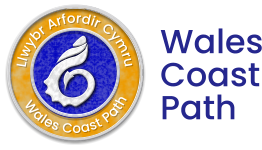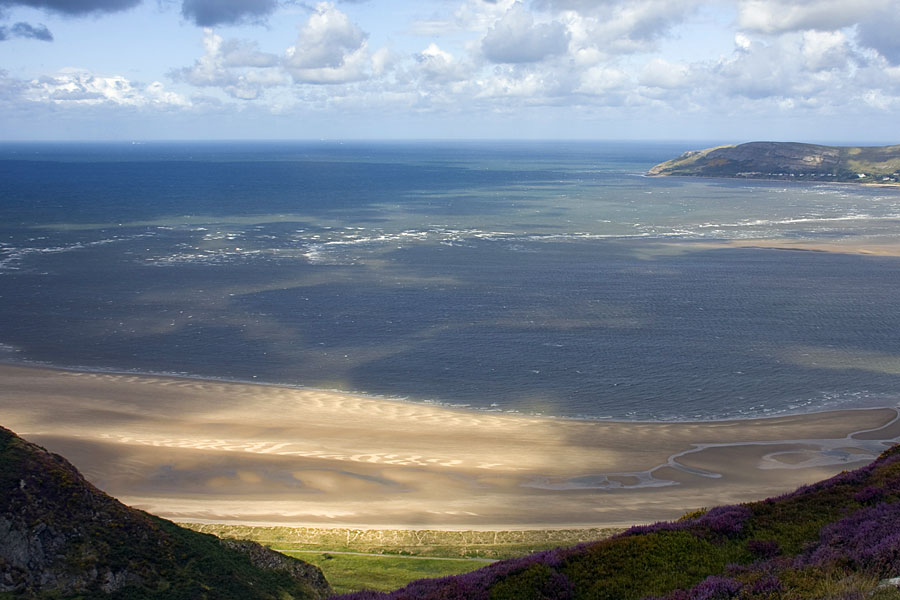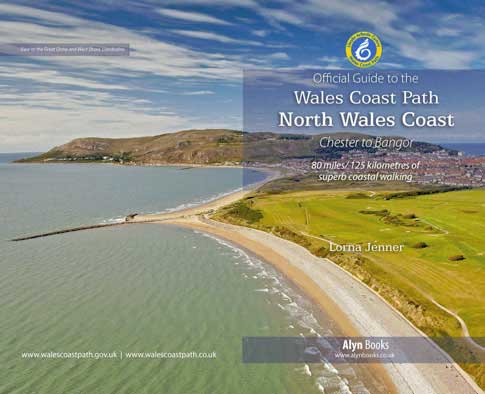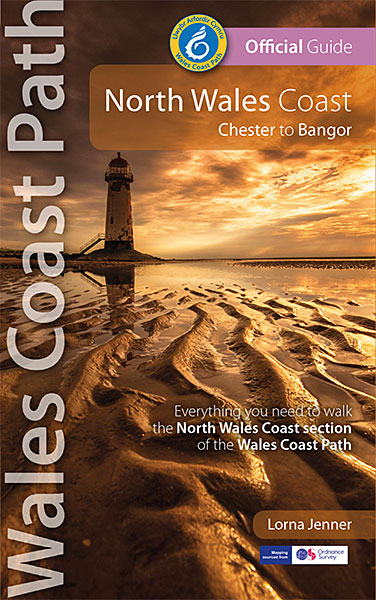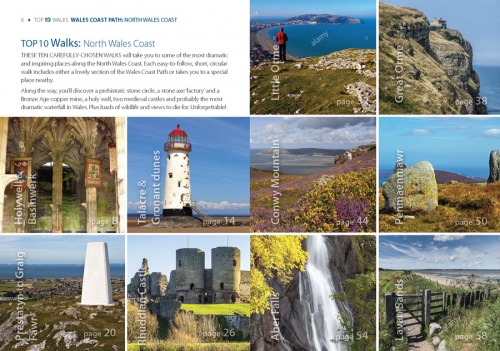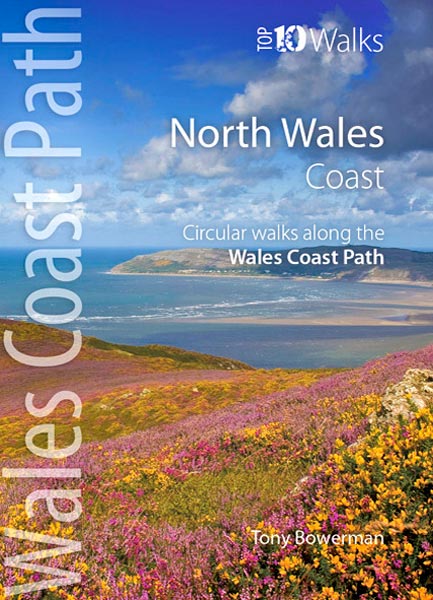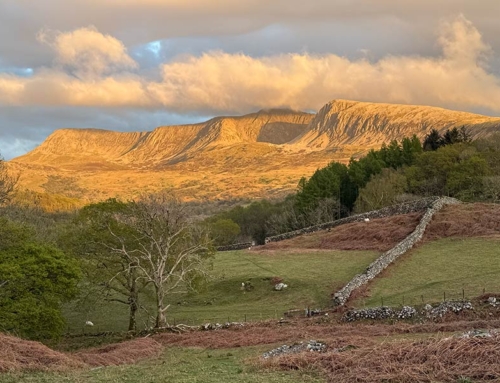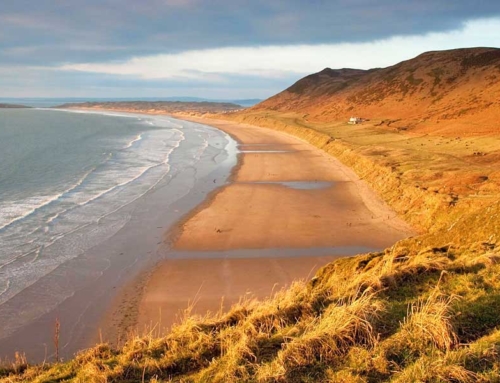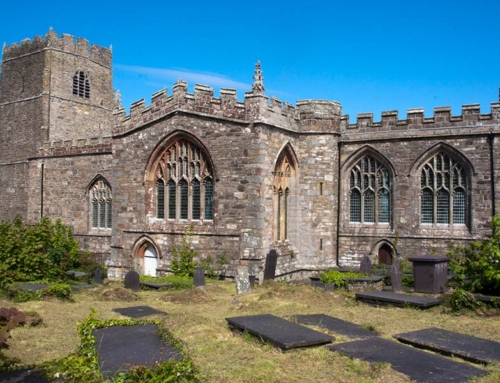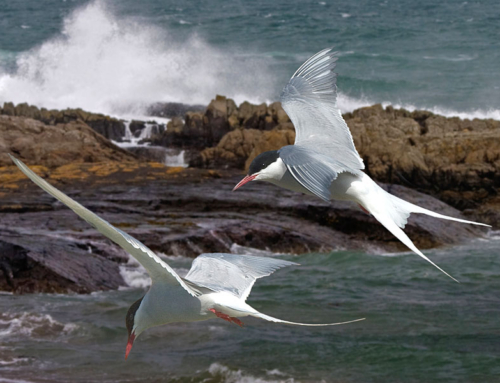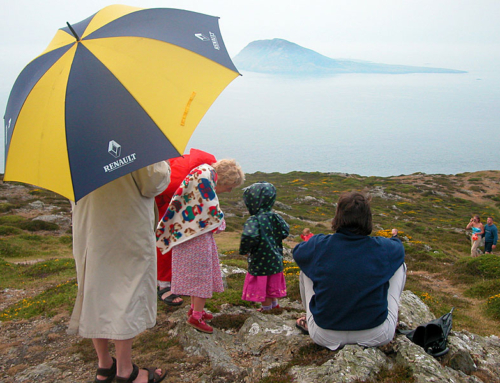Discover some amazing photo locations on the North Wales Coast
Looking for the best places to take photographs along the North Wales Coast? Official Guide author, Tony Bowerman, shares his favourite photography locations
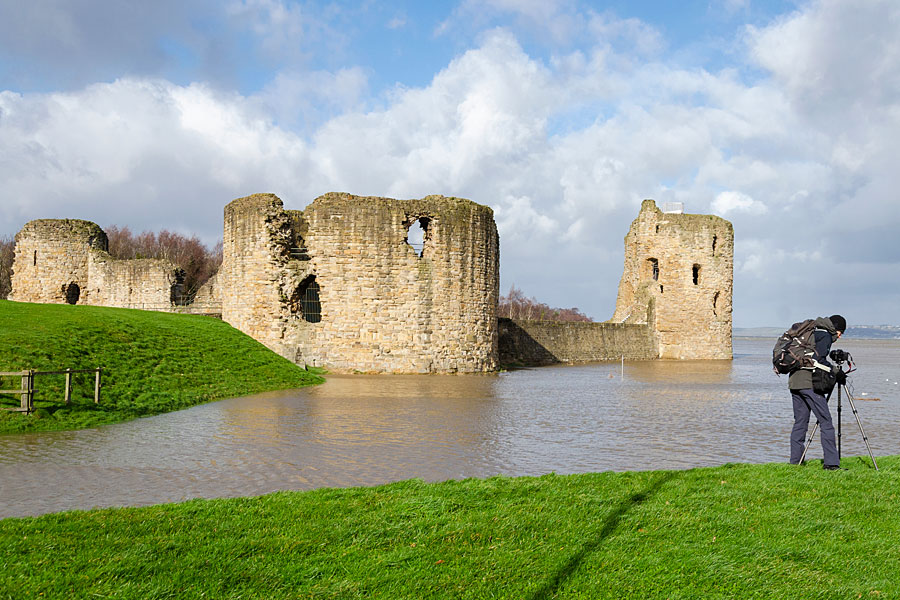
1. Flint Castle
STARTED IN 1277 AND THE EARLIEST of English King Edward I’s ‘Iron Ring’ of fortresses, Flint Castle was built to control the unruly Welsh under Llywelyn ap Gruffydd. With massive stone walls, a moat and central keep, the castle squats on the banks of the broad Dee Estuary, where it could be resupplied by sea. Today, its ruined walls and towers are occasionally lapped by high flood tides.
What is it?: A ruined medieval castle overlooking the wild Dee Estuary
Where is it?: The castle sits on the edge of Flint town, on the North Wales coast, not far from Chester
Postcode: CH6 5PH
Opening times: Open daily, 10am – 4pm. Entry free.
What to shoot:
Best time: Dawn and dusk, or misty autumn days
Notes: Occasional floods reach the walls at high ‘spring’ tides
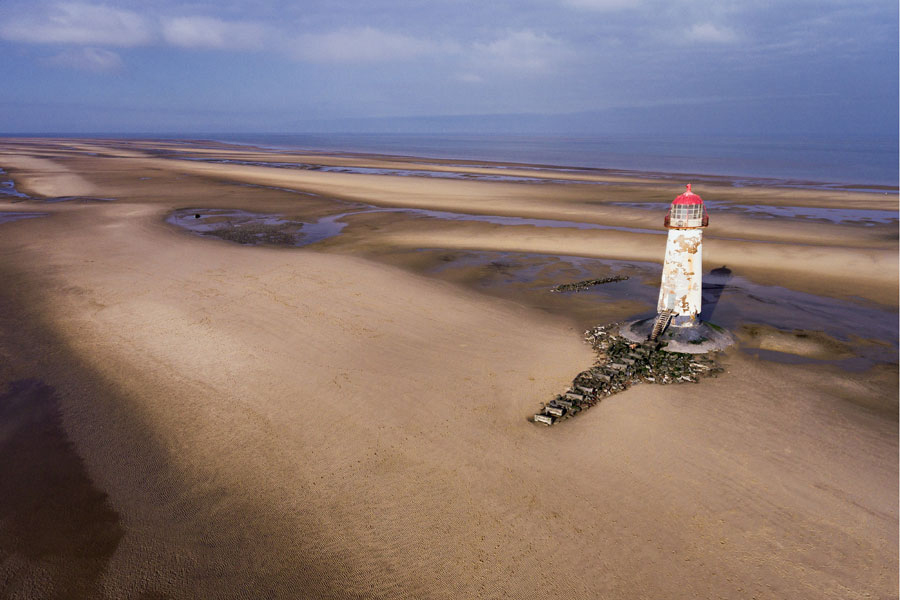
2. Point of Ayr Lighthouse, Talacre
Sometimes also called Talacre Lighthouse, the picturesque Point of Ayr Lighthouse is a Grade II listed building that dominates the sandy mouth of the Dee Estuary, on the North Wales Coast. Backed by dunes and miles of open sand at low tide, the atmospheric lighthouse and its setting has long been a firm photographers’ favourite.
What is it?: A white painted, disused lighthouse at the mouth of the Dee Estuary
Where is it?: A short walk over the dunes from Talacre, near Holywell, on the North Wales Coast.
Postcode: CH8 9RS
What to shoot: Lighthouse seen through the dunes; also good for aerial and drone shots along the coast
Best time: Dawn and dusk. Good for spectacular sunsets
Notes: Great for wide-angle shots incorporating ripples in the sand
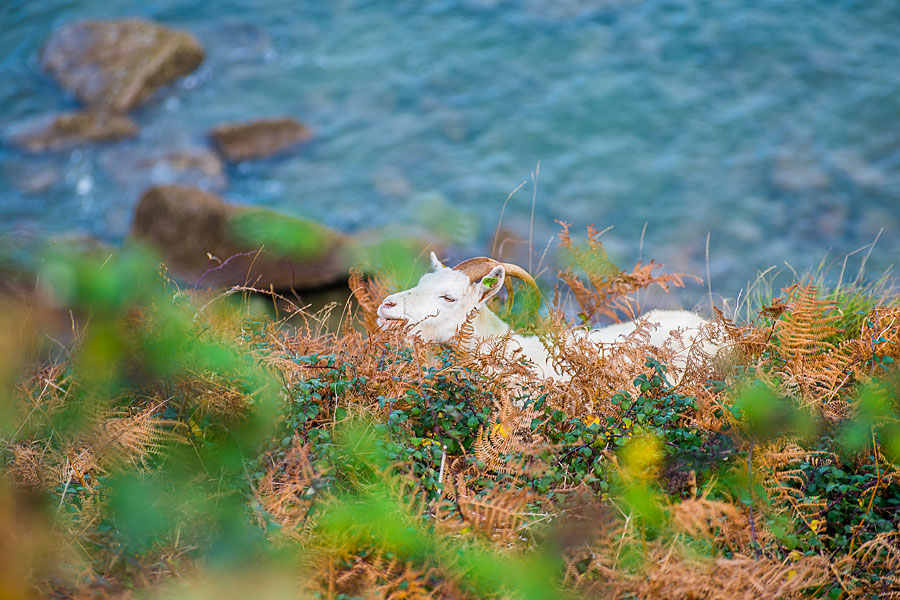
3. Great Orme
The Great Orme is a massive Carboniferous limestone headland that juts two miles out to sea to the north-west of Llandudno, on the North Wales Coast. Its unique geology, wildlife, archaeology and landscape mean that most of the headland is protected as a Site of Special Scientific Interest, Special Area of Conservation, and Heritage Coast. As well as stunning panoramic views, unusual features include a Victorian pier, heritage trams, an aerial ski-lift, rare plants and butterflies, and a quirky herd of white, feral Kashmir goats.
What is it?: A huge limestone headland with stunning views
Where is it?: On the North Wales Coast near the seaside resort of Llandudno
Postcode: LL30 2XF
What to shoot: Panoramic views, limestone cliffs, trams, pier, feral goats
Best time: Sunny summer days for clear views and well-lit white limestone.
Notes: Fairly exposed so not good in poor weather. Take the unusual coast road (toll) around the Orme, or explore the limestone pavement and lighthouse near the tip of the headland.
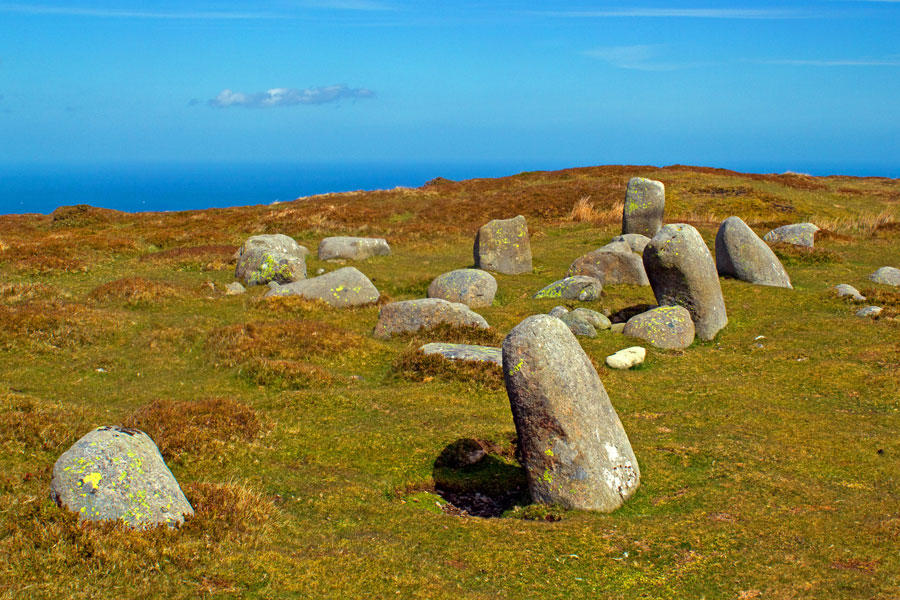
4. Druid’s Stone Circle, Penmaenmawr
An impressive ring of 30 or so stones, the Druid’s Circle sits on a heather-clad headland high above the once-popular Edwardian coastal resort of Penmaenmawr, on the North Wales Coast. More than 5,000 years old, the Neolithic stone circle sits close to a prehistoric stone axe factory, ancient trackway, standing stones, and several burial cairns. The area enjoys lofty views out to sea too.
What is it?: An impressive stone circle high above the sea.
Where is it?: In the hills above Penmaenmawr
Postcode: LL34 6AP (approximate location only)
What to shoot: High angle shots to include the view out to sea.
Best time: Dawn and dusk; long shadows can add interest
Notes: A steep climb from Penmaenmawr. Be suitably clothed, take a map and compass and be aware that the cloud can descend suddenly.
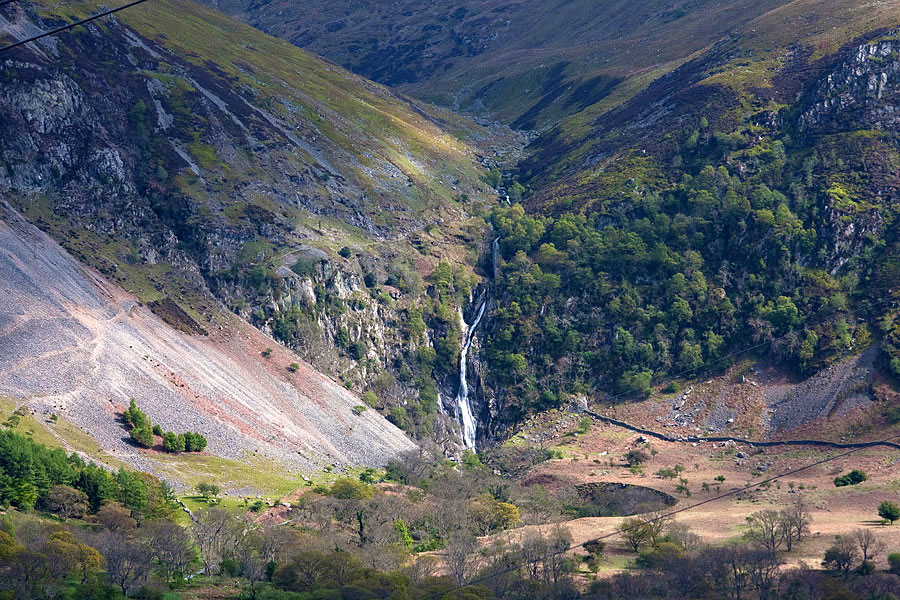
5. Aber Falls
Reached by a gentle, uphill walk through quiet, wood-fringed meadows, the Aber Falls — or Rhaeadr Fawr, in Welsh — is one of the largest and most impressive waterfalls in North Wales. The Afon Goch plunges 120 feet/37 metres over an igneous sill into a pool below. The curtains of spray and thunder of the falls all add to the atmosphere.
What is it?: Impressive waterfalls in a lovely upland valley.
Where is it?: 3 miles or so above Abergwyngregyn, off the A55 in North Wales
Postcode: Car park – LL33 0LP
Opening times: Open all year. Free but parking fee for cars.
What to shoot: The falls, plunge pool, and rainbows caught in the curtains of spray. Look for unusual slate fences at Ty Nant on the path up. Good area for ravens, buzzards and wild goats.
Best time: Summer or winter especially after heavy rain. When the falls freeze in hard winters, they’re popular with ice climbers
Notes: Viewing platform below the falls, with another higher one, over a footbridge. There’s a smaller waterfall nearby — the Rhaeadr Bach.

